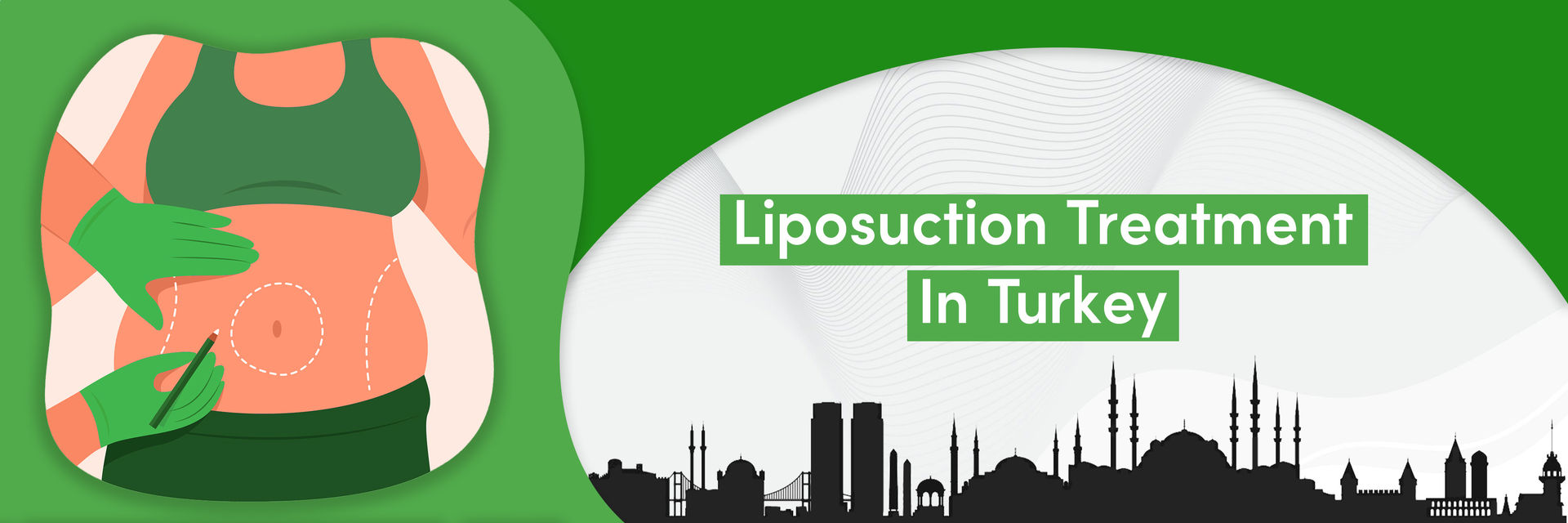Gastric bypass surgery is designed to help you lose weight by reducing the size of your stomach and altering the path of your intestines. This results in feeling full sooner and absorbing fewer calories. But what does this mean in the long run? Focusing on the 15 year mark is crucial because it offers a significant perspective on the enduring effects of the surgery.
Dr. Harsh Sheth, one of the renowned bariatric surgeons in Mumbai, stated, "Reflecting on the long-term health outcomes 15 years post-gastric bypass surgery is remarkable. Many patients continue to experience sustained weight loss, improved metabolic health, and reduced obesity-related complications. Their improved quality of life and longevity highlight the enduring benefits of this procedure. Yet, they must continue with regular check-ups and healthy habits to keep these positive changes going strong."
Statistics show that about 60% of individuals maintain at least a 50% reduction in their excess weight 15 years after gastric bypass, and over 75% experience improvements in conditions like diabetes and high blood pressure.
These figures underline gastric bypass's potential long-term benefits and transformative nature.
Interested in understanding how these changes might affect you years down the line? Let’s explore together.
6 Long-Term Health Outcomes 15 Years after Gastric Bypass
1. Sustained Weight Loss
Maintaining weight loss after gastric bypass can vary. Most people see significant weight loss :
- Sustained Loss: About 50-60% of patients keep off at least 50% of their excess weight after 15 years.
- Regain Possibility: Some may regain a small amount of weight, especially if they drift from recommended dietary guidelines.
2. Remission of Type 2 Diabetes
Gastric bypass has a profound effect on type 2 diabetes, with many patients experiencing remission of the disease. The long-term data suggests that the surgery can improve insulin sensitivity and glucose homeostasis, leading to sustained improvements in glycemic control. Over 75% of patients see improvements in conditions like diabetes and high blood pressure.
3. Improved Cardiovascular Health
Patients often see a reduction in cardiovascular risk factors, including hypertension and high cholesterol levels. This translates into a decreased heart disease and stroke risk, contributing to a longer and healthier life.
A New England Journal of Medicine study reported that gastric bypass surgery, particularly the Roux-en-Y procedure, has been a popular choice for those seeking a surgical solution to obesity. The initial results were promising and showed significant long-term weight and improvements in obesity-related conditions such as type 2 diabetes, hypertension, and dyslipidemia. Patients often experienced a dramatic change in their quality of life, gaining mobility, confidence, and a new lease on life.
4. Decreased Risk of Certain Cancers
Obesity is a known risk factor for several types of cancer. By promoting weight loss and hormonal changes, gastric bypass surgery may reduce the risk of obesity-related cancers, such as breast and colon cancer, over the long term
5. 5utritional Considerations
Despite its benefits, gastric bypass is not without its challenges. Nutritional deficiencies can occur due to the malabsorption that results from the surgery. Patients must adhere to a strict diet and require lifelong vitamin and mineral supplementation. Regular follow-ups with healthcare providers are essential to monitor and manage these potential deficiencies.
Your diet and how your body absorbs nutrients change:
- Vitamin Intake: It is essential to take vitamin supplements to prevent deficiencies due to reduced nutrient absorption.
- Diet Changes: To support weight maintenance and long-term health, a diet high in protein and low in simple sugars is recommended.
6. Mental Health
The psychological impact is profound and varied:
- Positive Changes: Many experience improved self-esteem and mood due to weight loss.
- Challenges: Some may face difficulties adjusting to new body image and lifestyle changes, leading to anxiety or depression.
Understanding these aspects can help you, or someone you know manages the long-term journey more.
Curious about the ongoing medical care needed after gastric bypass? Let’s break it down.
Medical Follow-up
Routine Checks and Tests
Continuous medical follow-up is crucial to check your health and the surgery's effectiveness:
- Regular Visits: Annual check-ups with your doctor to watch weight, nutritional status, and health.
- Specific Tests: Blood tests are performed to check for nutrient deficiencies, and screenings are performed for related health issues.
Potential Long-Term Complications or Side Effects
While the benefits are significant, there are potential complications to watch for:
- Nutrient Deficiencies: Issues like anaemia or osteoporosis can arise from not absorbing enough vitamins and minerals.
- Physical Changes: Symptoms such as abdominal pain, nausea, or vomiting could cause complications that need medical attention.
Staying connected with a healthcare team is essential.
- Expert Guidance: Regular consultations help manage side effects and adjust dietary or supplement needs.
- Support Networks: Access to dietitians, counsellors, and support groups can provide more help and guidance.
Lifestyle Adjustments
Dietary Changes
Adjusting your eating habits is key to maintaining health and weight:
- Smaller Portions: You’ll likely eat much smaller portions due to your reduced stomach size.
- Healthier Choices: Emphasis on protein-rich foods, vegetables, and fruits while minimizing high-calorie and sugary foods.
Physical Activity
Staying active is more important than ever:
- Increased Mobility: Many find that losing weight makes it easier to engage in physical activities.
- Exercise Routine: It’s recommended to incorporate regular exercise, like walking, swimming, or cycling, to boost metabolism and well-being.
Social and Psychological Adjustments
The changes can extend into your social and emotional life:
- Improved Confidence: Many experience a boost in self-esteem as they achieve their weight loss goals.
- Change Challenges: Changes in appearance and lifestyle can require mental adjustments, which might affect relationships and social interactions.
Navigating these lifestyle changes can enhance the long-term success of gastric bypass surgery and improve quality of life.
Thinking about gastric bypass or starting your journey? Here are some essential tips.
Advice for New Patients
Tips for New and Prospective Patients
- Thorough Preparation: Understand the surgery's requirements, including pre-surgery diet and post-surgery lifestyle changes.
- Seek Support: Join support groups and connect with others who have undergone the procedure to share experiences and advice.
Conclusion
We’ve explored the significant changes that gastric bypass can bring to your life, from initial weight loss to long-term health improvements and lifestyle adjustments. The journey is filled with challenges and profound successes, often leading to a healthier and more active life.
To everyone on this path, whether you’re considering surgery or are years post-op, remember that your journey is unique. You can achieve lasting health and happiness with perseverance and the right support.
Feeling ready to take the next step in your health journey? Schedule your appointment now and contact a specialist to discuss your options for weight loss surgery.
Reference
https://www.ncbi.nlm.nih.gov/pmc/articles/PMC8270807/
https://www.ncbi.nlm.nih.gov/pmc/articles/PMC10514119/
https://www.sciencedirect.com/science/article/abs/pii/S187878862200039X







